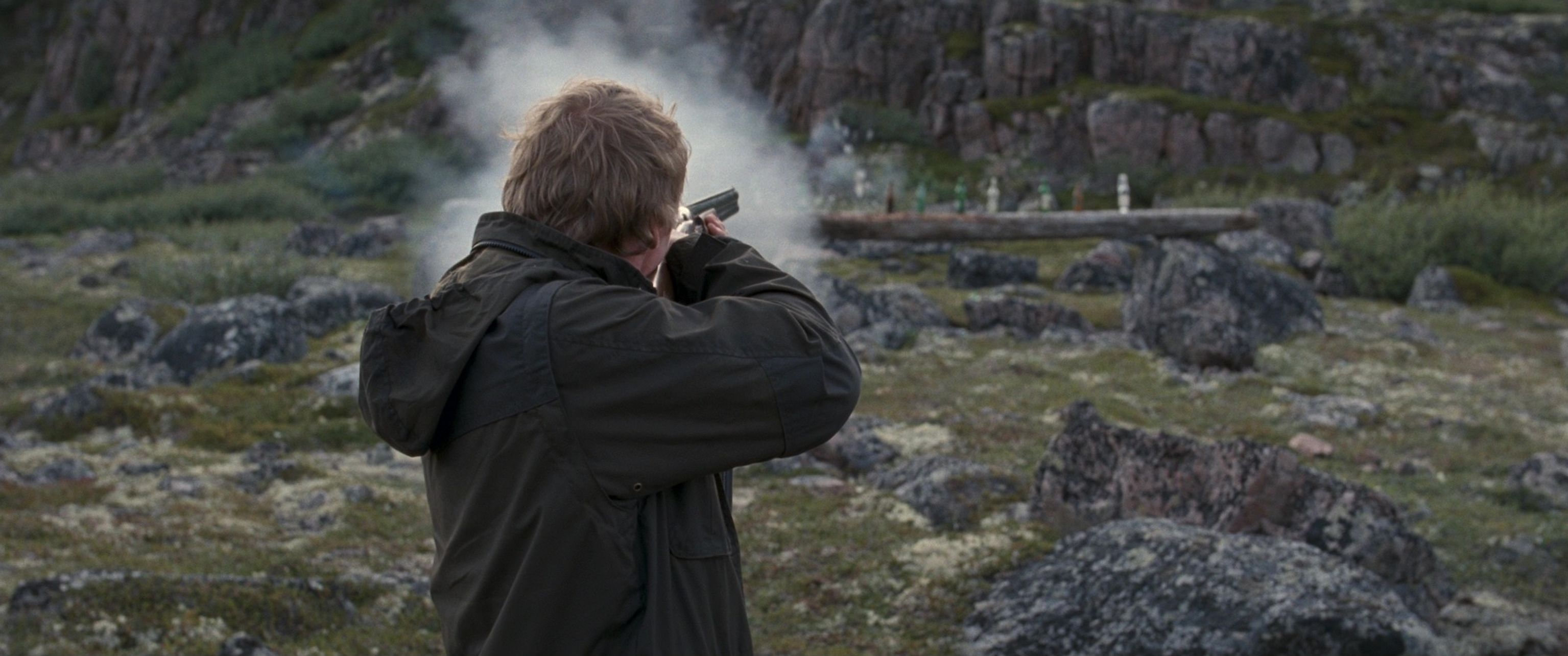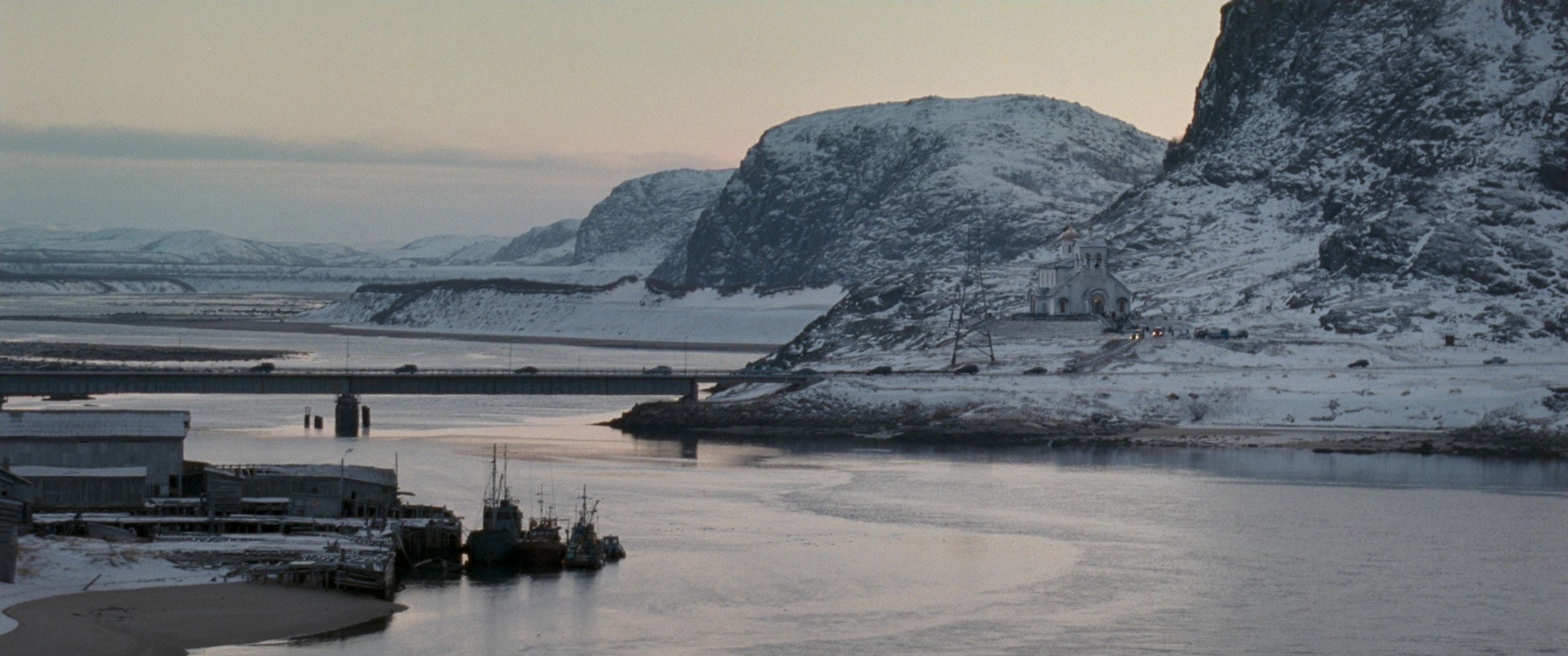Andrey Zvyagintsev
Leviathan
- DirectorAndrey Zvyagintsev
- CinematographerMikhail Krichman
SALOMON LIGTHELM I’m drawn to how Zvyagintsev shows individuals crushed under corruption and injustice. The biblical undertones speak to me: suffering, futility, and yet a yearning for something greater. It’s a mirror of so many lives lived under systems that are immovable, and yet still they endure.

The film
Released in 2014, Andrey Zvyagintsev’s Leviathan is a Russian crime drama that unfolds in a small coastal town in northern Russia. The film follows Nikolay, a hotheaded car mechanic, whose house is threatened with expropriation by the corrupt local mayor. As he fights the legal system with the help of his friend Dmitry, tragedy strikes, paralleling the biblical story of Job and evoking the tale of Naboth’s Vineyard. What begins as a tale of greed and corruption becomes a meditation on fate, power, and the fragile endurance of ordinary people.
Loosely inspired by Marvin Heemeyer’s 2004 rampage in the US, Zvyagintsev transplants the story into a distinctly Russian landscape, using it to explore universal questions of injustice, morality, and human resilience. Principal photography took place in towns along the Barents Sea coast, including Teriberka, Kirovsk, and Monchegorsk, with the stark, icy northern terrain becoming a character in itself, shaping the tension and melancholy of the story.
Cinematography
Leviathan is visually striking, using the desolate Russian north to heighten its themes of isolation, powerlessness, and inevitability. Zvyagintsev and cinematographer Mikhail Krichman frame long, contemplative shots of frozen landscapes, crumbling buildings, and turbulent seas, emphasizing the smallness of humans against the vast, indifferent environment. Interior scenes are tightly composed, with natural light accentuating the raw textures of peeling paint, wet stone, and cramped domestic spaces.
The cinematography mirrors the moral and emotional weight of the story, blending realism with a mythic, almost biblical tone, and allowing the audience to inhabit Nikolay’s struggle in an immersive, unhurried rhythm. The northern setting, with its bleak skies and stark coastlines, becomes an emotional landscape as much as a backdrop, reflecting the inexorable forces arrayed against the protagonist.
Legacy
Leviathan received immediate critical acclaim, winning Best Screenplay at the 2014 Cannes Film Festival and later the Golden Globe for Best Foreign Language Film. It was Russia’s official submission to the 87th Academy Awards and earned a nomination for Best Foreign Language Film. Critics praised its unflinching depiction of corruption, social injustice, and human vulnerability, with Rotten Tomatoes rating it 97% and Metacritic 92/100.
Despite initial controversy in Russia - where some officials criticized its portrayal of Russian society - the film has been recognized globally as a masterful social and moral allegory. Its influence extends beyond cinema, prompting discussion of governance, faith, and personal ethics, and solidifying Zvyagintsev’s reputation as one of Russia’s most powerful contemporary directors. Today, Leviathan stands as both a cinematic achievement and a provocative reflection on human resilience in the face of systemic oppression.









